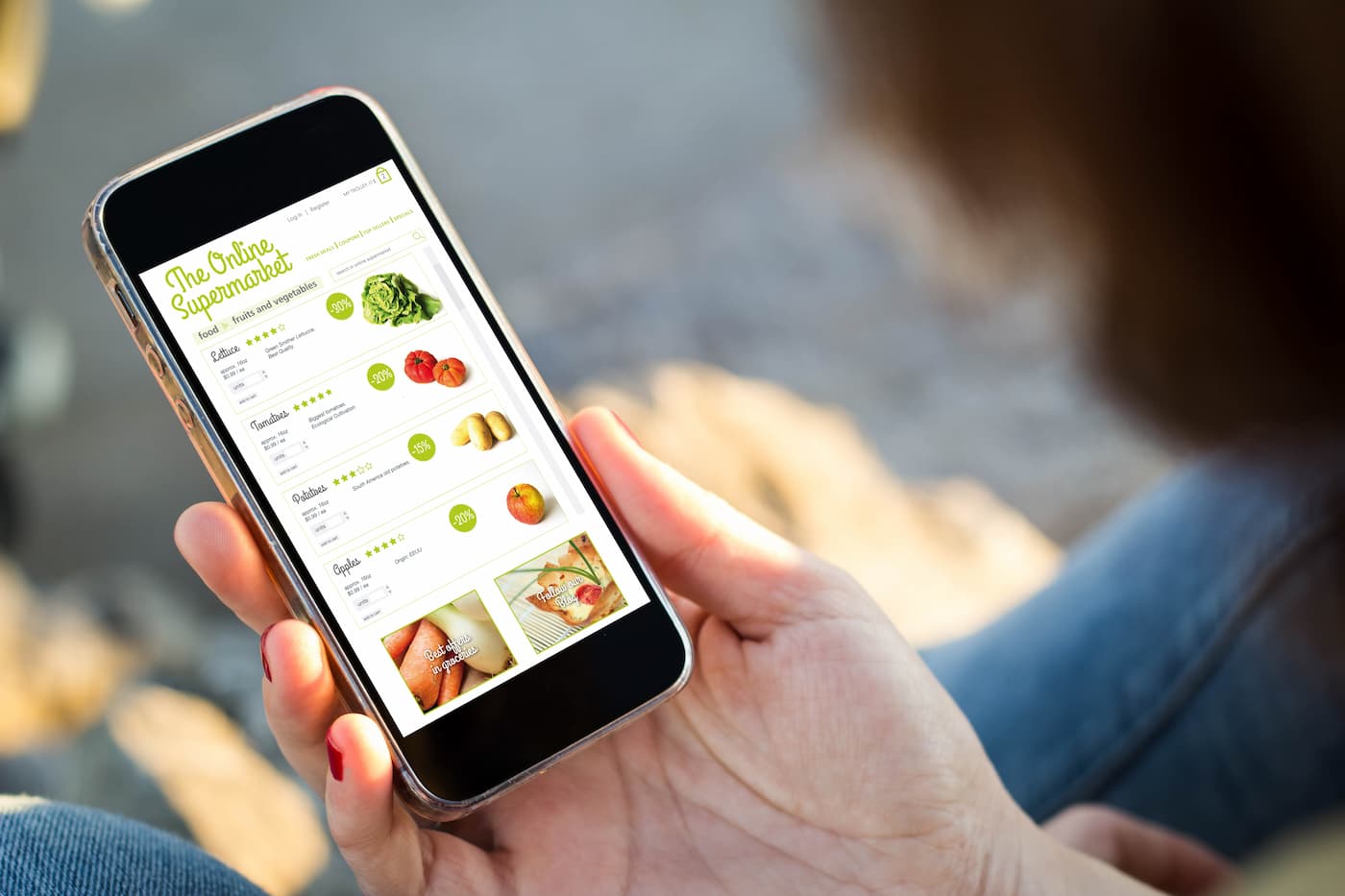Apps can provide several benefits to your clients. When launching your small business’s mobile app, you have two choices: develop it yourself or work with a third party. App development has its benefits but comes with challenges, especially for entrepreneurs with limited resources.
Benefits of a mobile app for small businesses
Launching a brand-named app can help you reach a wider audience. This is especially true now that usage on mobile has exceeded desktop browsing.
There are also other benefits, such as the ability to:
- Customers will appreciate more options for self-service. Allowing customers to manage their accounts can save you both time and money.
- Leverage omnichannel reporting. Apps are a great way to gather customer data, understand their problems, and fine-tune your marketing message.
- Geo-target mobile users with relevant ads as they pass your brick-and-mortar business.
- Improve your brand’s image with a streamlined mobile platform that includes notifications to increase customer interaction.
- Instead of relying solely on a “one-size-fits-all” solution, develop an app tailored to the users’ needs.
Consumers expect mobile support, even if it seems outside of their business. Since more and more companies offer apps, you may need to do the same to remain competitive.
Before beginning the development process, it’s essential also to consider potential challenges.
What are the challenges of a mobile app for a small business?
Cost is one of the most significant obstacles in app development. It would help if you had a designer for the initial design and support for future improvements. These costs will increase if you need to create an app for multiple platforms, such as iPhone and Android. There is also the possibility that users will not well receive your app.
It doesn’t necessarily mean that small business app development is not worth investigating. It may be easier to use existing solutions than to build something new.
As an example:
- Instead of designing bespoke solutions, many restaurants use third-party apps such as Clover online ordering, DoorDash, or Uber Eats.
- It is the same for retailers relying on third-party marketplaces like Amazon instead of developing a rival app.
This assumes that a mobile brand experience is right for your small business. Many businesses still rely on face-to-face interactions, even though customers increasingly expect apps.

